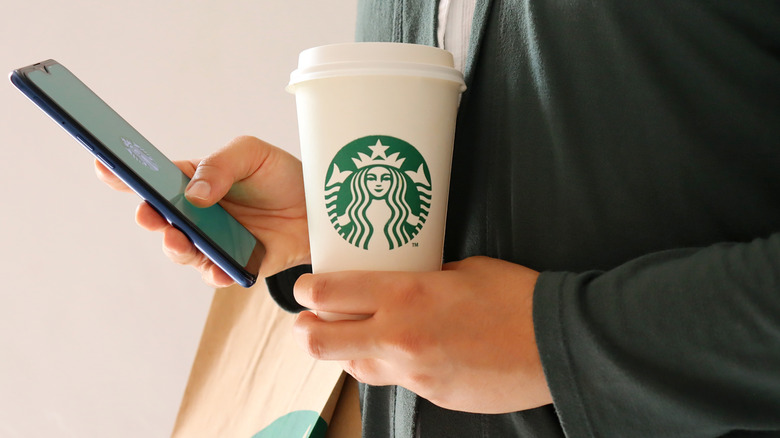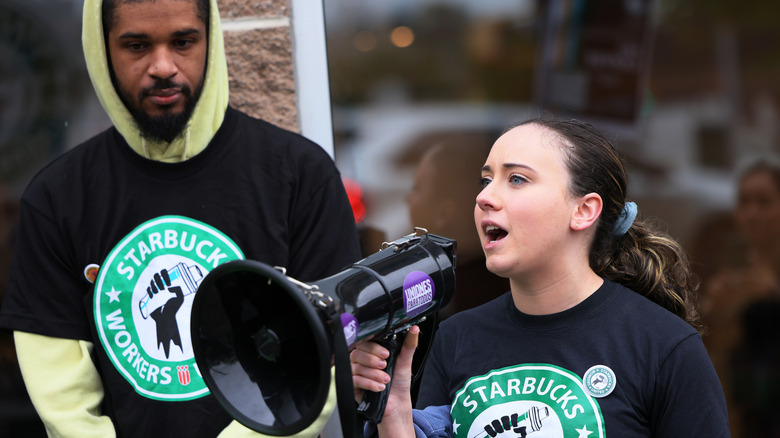Cornell To Stop Serving Starbucks Coffee After Pro-Union Student Sit-In
Cornell students will not longer be able to get Starbucks coffee soon. The university will not renew its contract to serve Starbucks on campus when it ends in 2025, according to an email sent out to the student body on August 16. This decision comes in the wake of a National Labor Relations Board (NLRB) ruling that declared Starbucks had illegally retaliated against pro-union employees in its three Ithaca, New York, locations. One violation involved denying leave for Cornell student employees during their academic breaks.
Starbucks closed the last of its unionized locations in Ithaca in May, prompting a sit-in at the university with students demanding the school no longer serve the company's products. The university has a long history of rebuffing corporations engaged in anti-union practices; in 2017 Cornell ended a merchandise agreement with Nike over its failure to legally comply with labor practices. The details of this new decision will take several months to sort through and the agreement won't officially end until 2025, but the school claims that steps will be made towards the transition to a new coffee vendor in the coming months.
The troubled history of Starbucks unionizations
The wave of unionizing that Starbucks has been battling began on August 30, 2021 in Buffalo, New York, when the first Starbucks stores voted to unionize. Over 350 coffee bars have unionized since then. The scuffle between the company and its employees has been quite public, with frequent closures of unionized stores and multiple court cases ruling that Starbucks' tactics have been illegal. The NLRB alone has issued an astounding 500 unfair labor practice charges against the company.
The decision of Cornell University to end its agreement with Starbucks is yet another blow to the company's reputation. There are roughly 300 colleges across the country that serve Starbucks. If other institutes of higher education see this as a way to appeal to their student body, we may see more of them follow suit. However, this also comes as the efforts of Starbucks Workers United to achieve higher pay and better benefits have been stymied, due in part to failures in negotiating a bargaining plan, as well as Starbucks' anti-union practices. Meanwhile, Starbucks contends that it is committed to reaching agreements that fit needs of workers at each of its stores. Regardless of the cause, this lack of results has culminated in a slowdown of unionizations across the country compared to the last two years. While the Cornell decision will be a welcome boon to the pro-union public, its long-term effects may be minimal.

